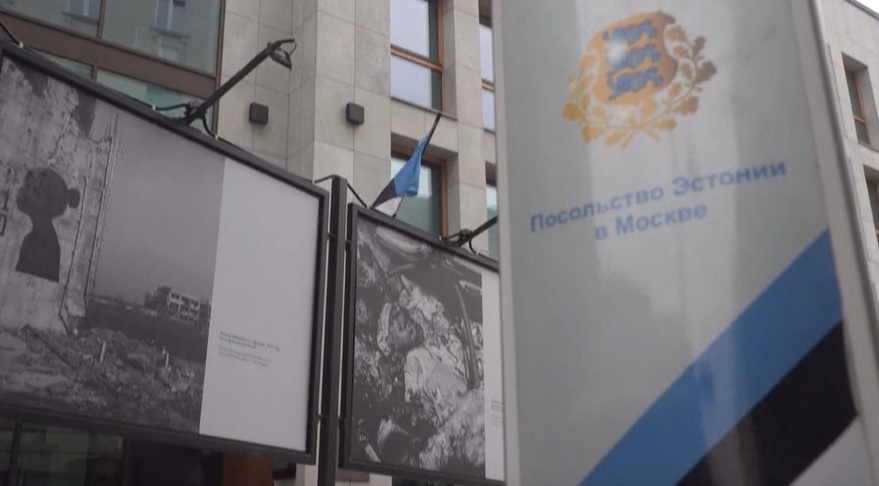NordenBladet – Margus Laidre, the former Estonian Ambassador to Russia, who left Moscow at Russia’s request, has spoken about the challenges of diplomacy and information gathering without a high representative in Moscow.
Margus Laidre notes that a higher-ranked diplomat would have greater access to specific events, meetings, and people. He points out that although the United States had a deputy ambassador in Moscow for a few months, his access was limited. Laidre also emphasizes that it is important to synthesize information from both inside and outside sources to form a comprehensive picture. Laidre acknowledges that although none of the Baltic republics have an ambassador in Moscow, the Estonian Embassy has a capable temporary deputy, Jana Vanamölder, who is familiar with Russia and will continue to operate effectively.
Commenting on the Russian people’s attitude to the war in Ukraine, Laidre notes that they can adapt to difficult circumstances, but he also observes occasional bursts of anxiety, limited store selection, and rising costs of living in Moscow. He adds that Russians are reluctant to discuss the war for both psychological reasons and fear of punishment, and that they follow current events and use VPNs to circumvent country-specific internet restrictions.
Laidre also notes that Western sanctions are having an impact on Russia, but it takes time to show results. Although there are currently no signs of a power vacuum in Moscow, Laidre points out that Russia’s history has demonstrated events can begin quickly and that it is difficult to predict when a tipping point will occur. Regarding the possibility of Russian athletes being banned from participating in the Paris Summer Olympics, Laidre believes that it would have an effect on Russia, given the importance of sport in Russian politics.
Featured image: YouTube
Source: The article is referenced from ERR. Read the original article titled “Without ambassador it will be harder to get information from Moscow” here

